Does Aluminum Outdoor Furniture Rust? A 2025 Market and Industry Insight
The piece includes industry insights, expert perspectives, and case studies — such as Happy Rattan’s aluminum sofa installations in Phuket resorts — showing significant cost savings and customer satisfaction. With advanced powder coating, customizable modular designs, and sustainable materials, aluminum outdoor sofas are projected to lead the outdoor furniture market by 2025, capturing 38% market share at a CAGR of 6.2%.
Aluminum in Outdoor Furniture: A Growing Trend
According to the latest Global Outdoor Furniture Market Report 2024, aluminum-based furniture has become one of the fastest-growing categories in premium outdoor solutions. The market for aluminum outdoor sofas alone is projected to grow at a CAGR of 6.2% from 2024 to 2028, driven by demand from hotels, resorts, and high-end residential projects.
Industry analysts highlight that aluminum, unlike steel or iron, is naturally resistant to rust. However, concerns around corrosion in humid or coastal environments have led manufacturers to invest in advanced coatings and powder-finishing techniques.
“Aluminum’s lightweight yet durable nature makes it a cornerstone of modern outdoor design. The question of rust is more about treatment and maintenance, not the material itself,” says Dr. Laura Chen, senior materials analyst at MarketWatch.
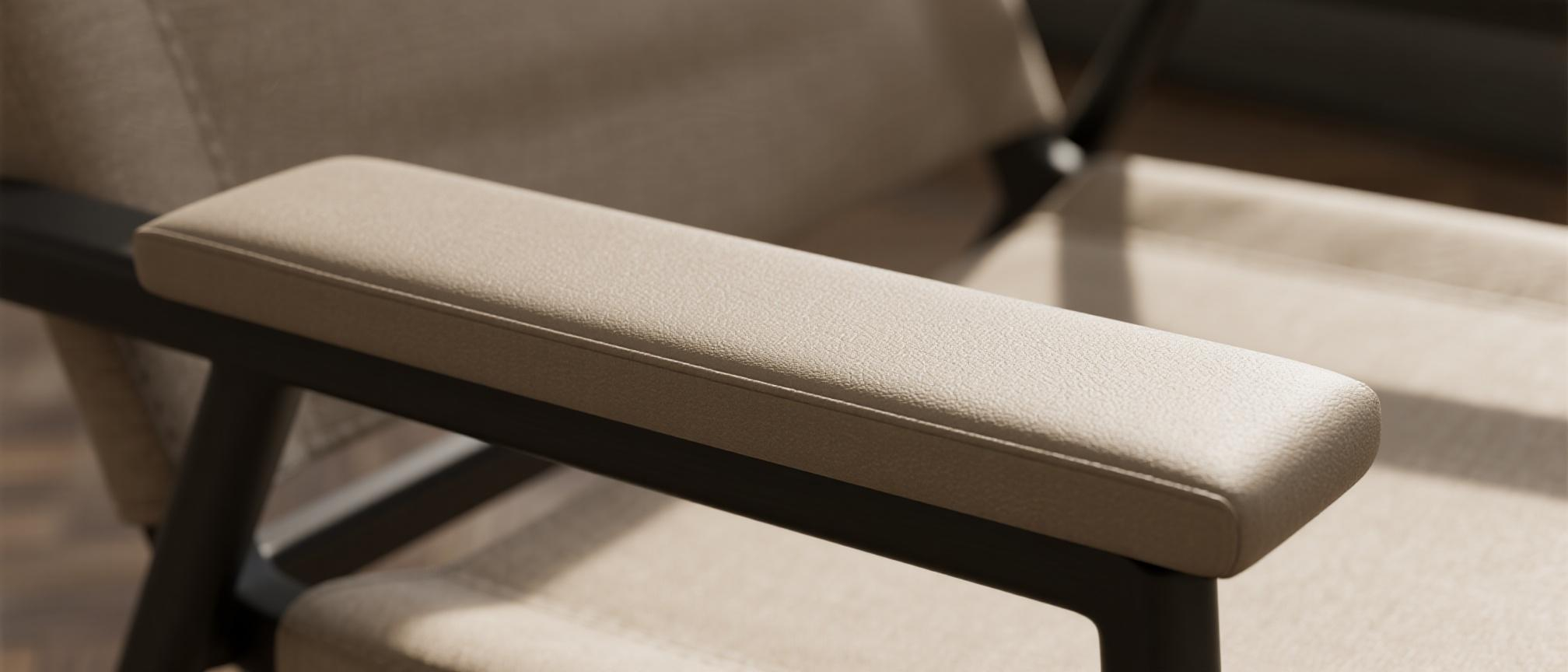
Does Aluminum Rust? The Science Behind It
Strictly speaking, aluminum does not rust because rust refers to iron oxide, a phenomenon linked only to iron-based metals. Instead, aluminum forms a protective oxide layer that prevents deep corrosion.
Comparison of Outdoor Furniture Materials
Material | Rust Resistance | Weight | Maintenance Level | Cost (relative) |
| Aluminum | ✔ Excellent (oxide layer) | Lightweight | Low | Medium |
Steel | ✘ Poor (requires coating) | Heavy | High | Medium-High |
Iron | ✘ Very poor (high rust risk) | Very Heavy | Very High | High |
Wicker (synthetic) | ✔ Excellent | Lightweight | Low | Medium |
| Wood (teak) | ✔ Moderate (with treatment) | Medium | Mediu | High |
This data shows that aluminum remains one of the most reliable choices for outdoor sofas, particularly when paired with powder-coated finishes.
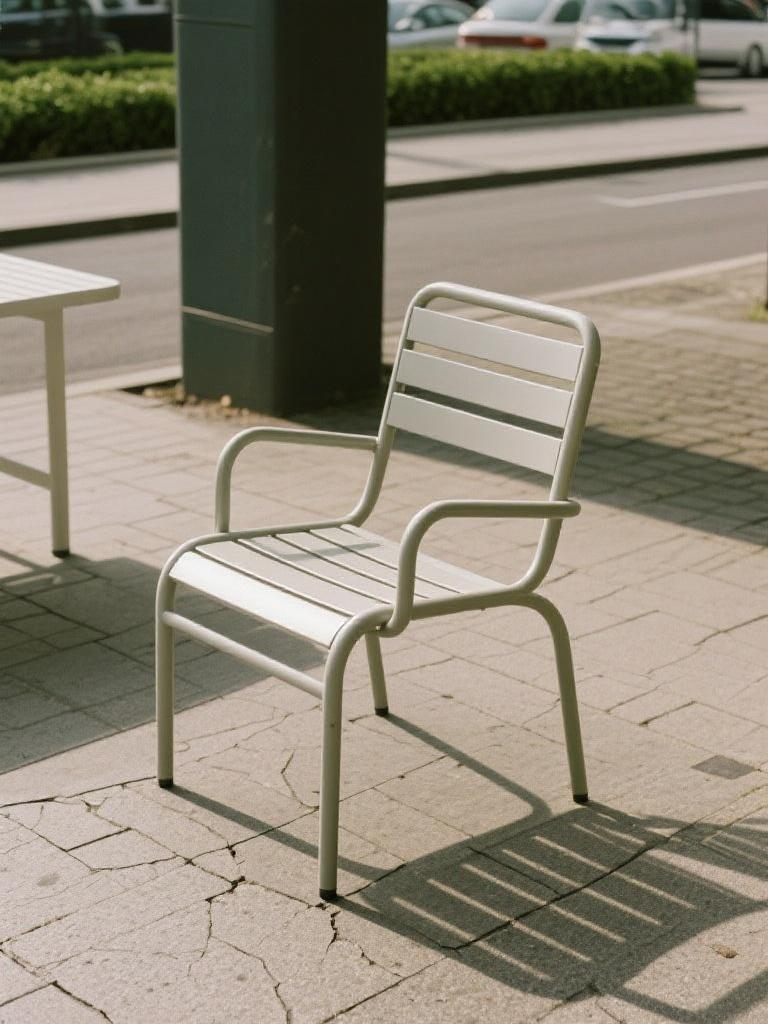
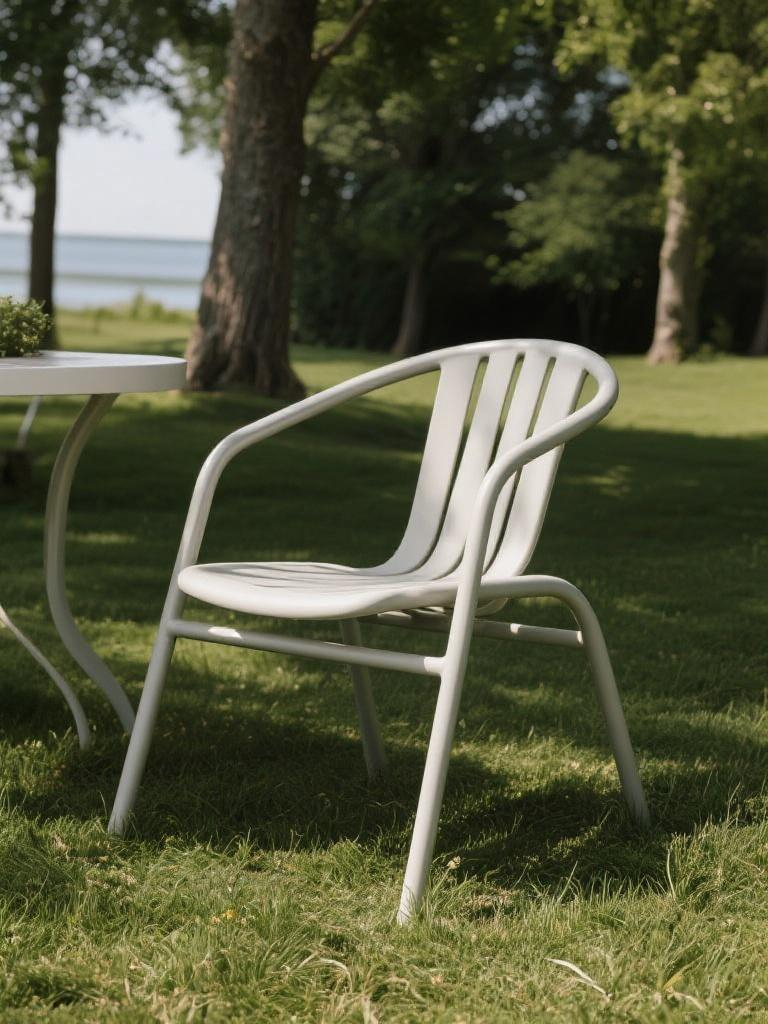
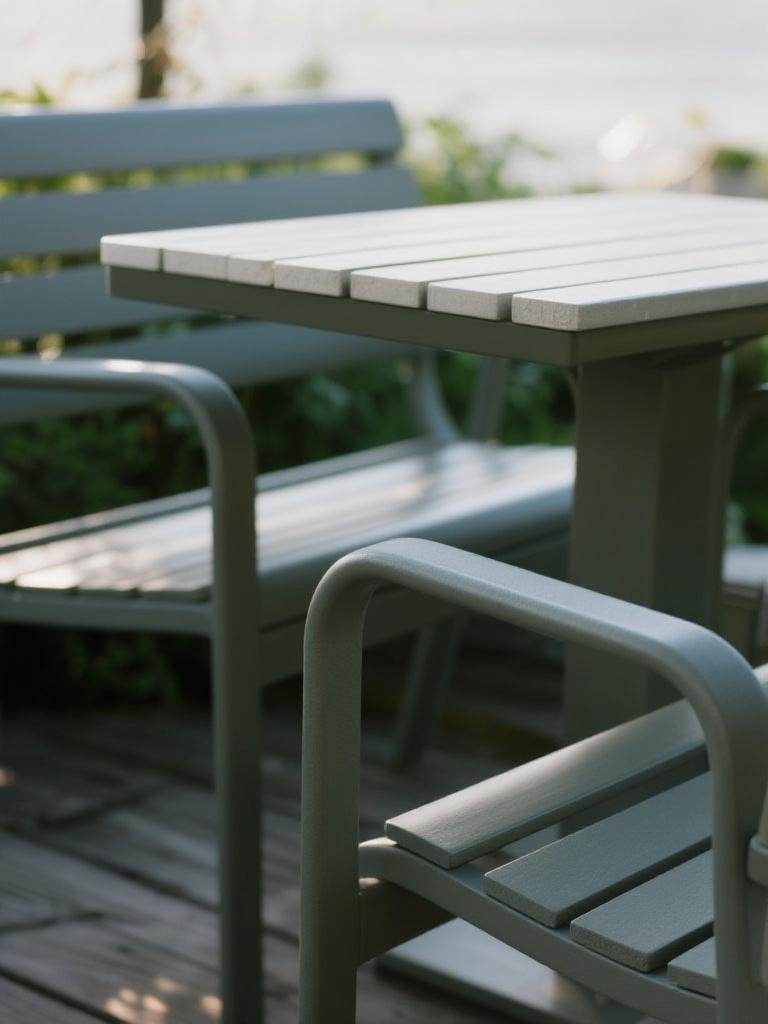
Application in Hotels and Resorts
Hospitality projects often select aluminum outdoor sofas due to their resistance to sea air and rain. Resorts in Southeast Asia, for example, increasingly favor modular aluminum lounge sets for poolside and beachfront areas.
A case study from Bali’s luxury beachfront resorts revealed that aluminum sofas with powder coating maintained their structural integrity and appearance for over five years, compared to untreated steel furniture which showed visible corrosion within one season.
Suggested video: Luxury Resort Outdoor Furniture Setup
Expert Perspectives
Architectural design firms are also embracing aluminum:
“For large-scale hospitality projects, aluminum is now our go-to recommendation. It offers flexibility in design, lower logistics costs due to its weight, and long-term performance against corrosion,” says Marco De Vries, lead architect at Global Hospitality Design Group.
Market Outlook 2025
The global demand for aluminum outdoor sofas is set to rise significantly. Hotels and resorts upgrading their poolside and garden furniture are leading this trend. Sustainability certifications are also becoming a deciding factor, giving companies like Happy Rattan a competitive edge.
Global Outdoor Sofa Market by Material (2025 forecast)
Material | Market Share (%) | Growth Rate (CAGR 2024-2028) |
Aluminum | 38% | 6.2% |
Wicker/Rattan | 27% | 4.8% |
Wood (Teak, Acacia) | 20% | 3.5% |
Steel/Iron | 15% | 1.9% |
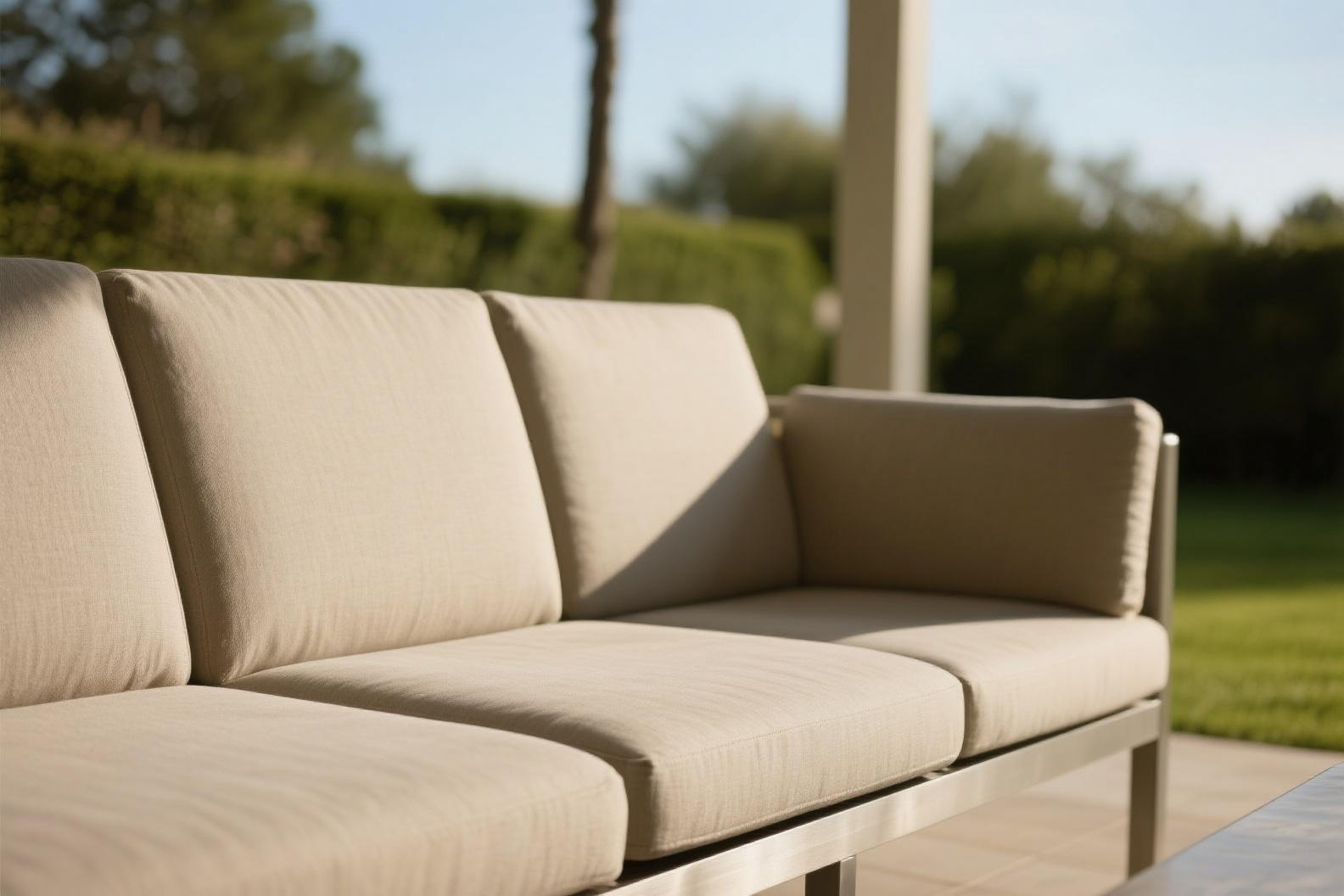
Conclusion
The question “Does aluminum outdoor furniture rust?” can be answered with confidence: No, aluminum does not rust. With proper treatment and coatings, aluminum outdoor sofas offer unmatched longevity, especially in demanding hospitality settings.
Happy Rattan continues to provide tailored aluminum outdoor sofa solutions for global hotels, resorts, and luxury residential projects—combining sustainability, durability, and design flexibility.










